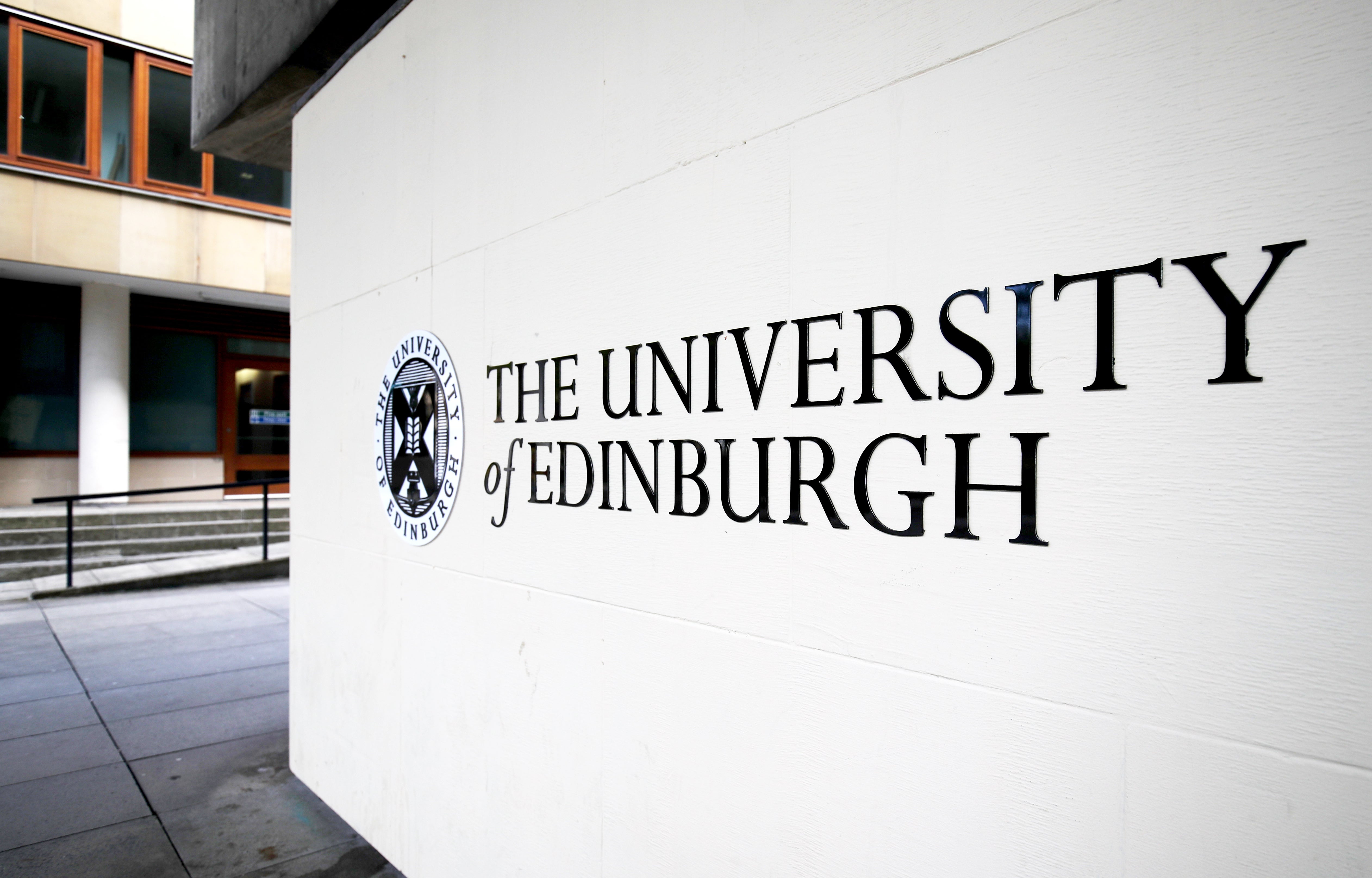People with ME invited to take part in major genetic study
DecodeME aims to reveal the tiny differences in a person’s DNA that can increase their risk of developing the condition.

Your support helps us to tell the story
From reproductive rights to climate change to Big Tech, The Independent is on the ground when the story is developing. Whether it's investigating the financials of Elon Musk's pro-Trump PAC or producing our latest documentary, 'The A Word', which shines a light on the American women fighting for reproductive rights, we know how important it is to parse out the facts from the messaging.
At such a critical moment in US history, we need reporters on the ground. Your donation allows us to keep sending journalists to speak to both sides of the story.
The Independent is trusted by Americans across the entire political spectrum. And unlike many other quality news outlets, we choose not to lock Americans out of our reporting and analysis with paywalls. We believe quality journalism should be available to everyone, paid for by those who can afford it.
Your support makes all the difference.People who have been diagnosed with myalgic encephalomyelitis (ME) are being invited to take part in the world’s largest genetic study of the disease.
The study, named DecodeME and led by researchers at Edinburgh University’s MRC Human Genetics Unit, aims to reveal the tiny differences in a person’s DNA that can increase their risk of developing ME, also known as chronic fatigue syndrome (CFS).
It is estimated that more than 250,000 people in the UK are affected by the condition, with symptoms including pain, “brain fog” and extreme exhaustion that cannot be improved with rest.
The causes of the disease are still unknown, and there is no diagnostic test or effective treatments thus far.
Testing DNA in the saliva of 20,000 donated samples will allow for analysis on whether the disease is partly genetic, and if so, research into its cause and effective treatments.
The study has also been expanded to include analysis on the DNA of a further 5,000 people who have been diagnosed with ME or CFS after having Covid-19.
We believe the results should help identify genes, biological molecules and types of cells that may play a part in causing ME/CFS
Along with the DNA research, an anonymous survey will provide an insight into the experience of those with the condition.
The research team is being led by Professor Chris Ponting.
He said: “This is the first sizable DNA study of ME/CFS, and any differences we find compared to control samples will serve as important biological clues.
“Specifically, we believe the results should help identify genes, biological molecules and types of cells that may play a part in causing ME/CFS.”
The university is working alongside charity Action for ME, the Forward ME alliance of UK charities, and people with lived experience of the condition.
Chief executive of Action for ME Sonya Chowdhury said: “People with lived experience of ME/CFS are at the very heart of the DecodeME project and our Patient and Participant Involvement group has worked closely with researchers on all aspects of the study.
“Their profound involvement has been so transformational that we firmly believe it sets a new standard for health research in this country.”
Individuals with ME or CFS who are aged 16 and over and based in the UK are invited to take part from home by signing up on the DecodeME website from 12pm on Monday.
Subscribe to Independent Premium to bookmark this article
Want to bookmark your favourite articles and stories to read or reference later? Start your Independent Premium subscription today.